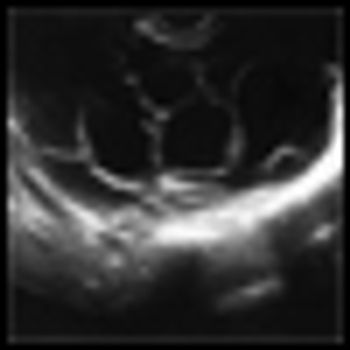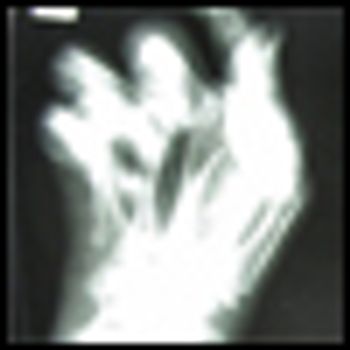
References: 1. YERVOY package insert. Princeton, NJ: Bristol-Myers Squibb; 2011. 2. Hodi FS, O'Day SJ, McDermott DF, et al. Improved survival with ipilimumab in patients with metastatic melanoma. N Engl J Med. 2010;363(8);711-723. 3. Wolchock JD, Weber JS, Hamid O, et al, Ipilimumab efficacy and safety in patients with advanced melanoma: a retrspective analysis of HLA subtype from four trials. Cancer Immun. 2010;10:9-14. 4. Data on file. YERV 008. Bristol-Myers Squibb. Princeton, NJ April 2011.









